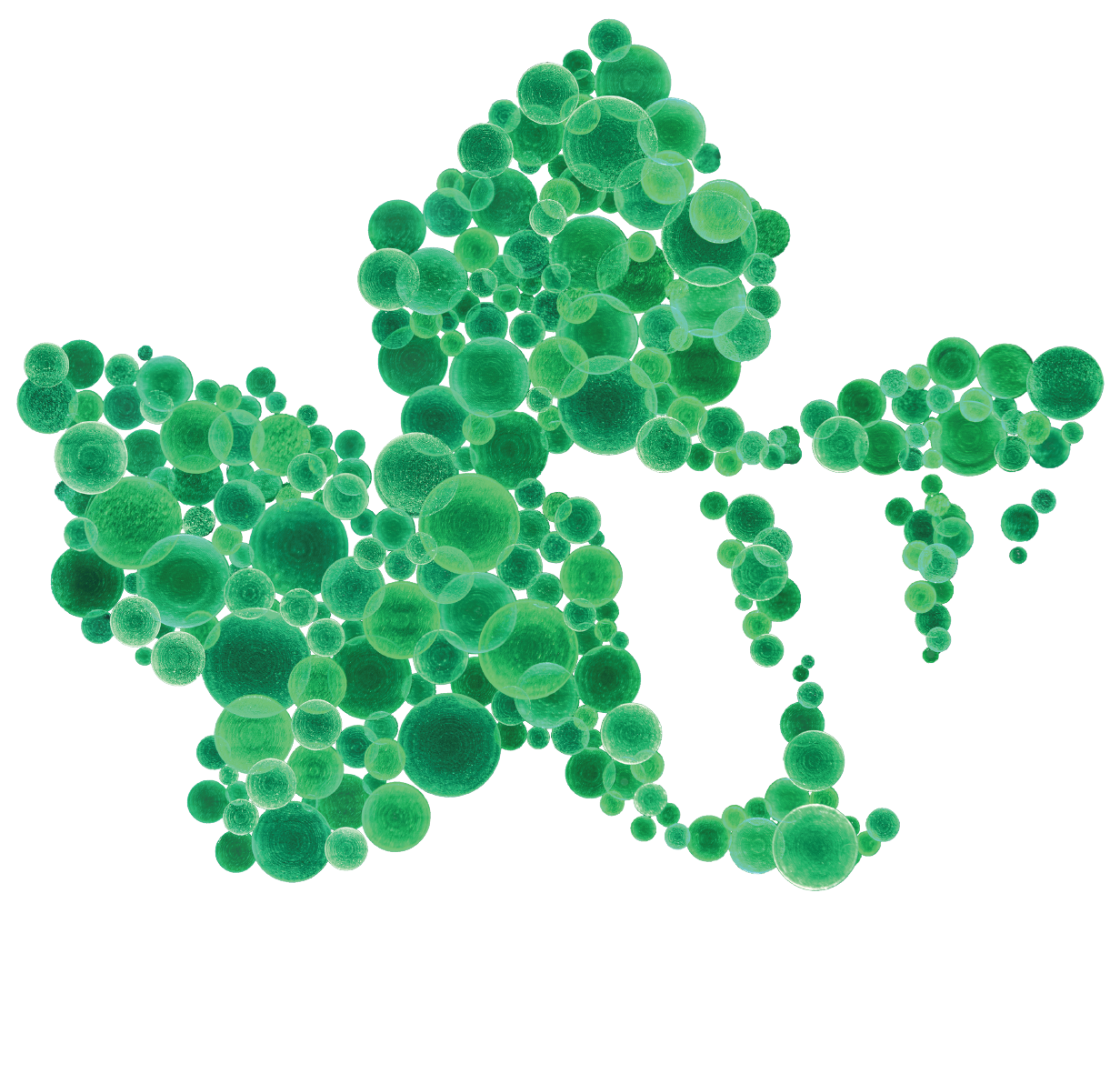By fundamentally rethinking the way hospitals process and treat waste, a team of students from the Netherlands has won 1st place and $15,000 in Wege Prize 2016, a global student design competition focused on the circular economy.
Organized by Kendall College of Art and Design of Ferris State University’s (KCAD’s) Wege Center for Sustainable Design in Grand Rapids, Michigan, USA, Wege Prize challenges teams of undergraduate students from around the world to work across institutional and disciplinary boundaries, converging their knowledge and perspectives to design a product, service, or business model that can function within and facilitate a paradigm shift toward a circular economy, an economic model in which resources and capital are regenerative.
(left to right): Spaak+ members Josephine Nijstad, Livio Bod, and Martijn Savenije with their 1st place trophies at the Wege Prize 2016 Awards
Named Spaak+, the team of Livio Bod, studying Psychobiology/Logic at the University of Amsterdam; Dan Mulder, studying Sustainable Business and Innovation at Utrecht University; Josephine Nijstad, studying Urban Systems Engineering at Wageningen University; and Martijn Savenije, studying Urban Environment Management at Wageningen University, wowed the judges with a cohesive proposal for an on-site waste treatment system that would allow hospitals to deal with waste in a way that reduces cost and environmental impact while maximizing the potential for resource recovery and reuse.
“We had been working on the idea a bit already when we heard about Wege Prize, and we knew immediately that this competition would be a way for us to really expand on our ideas and make them stronger,” said Bod.
Spaak+’s system creates separate streams for solid waste and wastewater. Wastewater is treated through a combination of existing treatment processes such as membrane filtration, oxidation, and an activated sludge bioreactor, in which air and bacteria combine to remove heavy metals, phosphates, and nitrogen from wastewater through binding. Solid waste is ground before being transported to a biodigester, a device that converts solid waste into biogas. Biogas is a renewable energy source that could in turn be used to power the on-site treatment facility, drastically reducing operating costs for the hospital and allowing for a carbon neutral process.
Savenije presenting his team's solution at the Wege Prize 2016 Awards
“Spaak + is a worthy winner of this year's Wege Prize. They had taken on a huge issue – hospital waste – and created a smart and effective solution to the problem,” said judge Colin Webster, who works as an Education Program Manager for the Ellen MacArthur Foundation. “What is really impressive is that their solution could be applied anywhere in the world, either as a retrofit, or in new build hospitals, and could have dramatic beneficial effects. The judges were delighted that Spaak+ took a systems approach to the problem, and considered the environmental and economic aspects of the puzzle, which included calculating a return on investment for hospitals that applied their technology. The team was upfront that there are barriers to implementing their solution, and, because they now want to take their idea to the next stage, they will soon come up against them, creating a new 'wicked problem' for them to start solving.”
In order to ensure the feasibility of their solution, the team had to account for the stringent waste treatment regulations hospitals must adhere to, now and in the future.
“As students, we’re always encouraged to develop ideas and theories, but this competition challenged us to actually figure out how our ideas and theories could be put into practice in the real world,” said Savenije, who presented his team’s solution in the final stage of the competition. “When you do that you see very quickly the flaws in your ideas that can undermine the whole concept, and you need to be able to figure out how to address those issues. We did that by talking to as many professors and experts as we could and paying close attention to the judges’ feedback so we could understand how to make our idea better.”
Moving forward, the Spaak+ team members plan to use the funds awarded in Wege Prize 2016 to begin the process of prototyping their solution in a real-world hospital setting.
“We will be taking our idea into production. We really like to dive into problems like this and find solutions, but we’re not quite sure at this point if we want to be the ones who will carry out the full implementation. We want to be involved, of course, but we will be talking to hospitals and production companies to see if another organization will take the lead on implementation,” said Savenije.
Other winning solutions in Wege Prize 2016 included a solution that focuses on creating self-sustaining systems for developing countries that can foster employment, improve sanitation and hygiene, enhance the livability of urban environments, and improve the overall health of communities; and a solution that would help Technology for Tomorrow Ltd., an existing company in Uganda that manufactures sanitary pads out of papyrus, adopt a circular model for meeting the heating and electricity needs of its production facilities through biomass gasification of papyrus and paper waste materials. Complete info on the winners of Wege Prize 2016 can be found here.
Thanks to the generous support of The Wege Foundation, which recently awarded $444,000 in grant funding to KCAD’s Wege Center for Sustainable Design to continue running the competition for the next four years, Wege Prize 2017 will be open to any undergraduate student in the world, and will again be focused on the circular economy. Team registration will open in August 2016, but those interested in participating are encouraged to begin building their teams and brainstorming ideas now. Educators and other professionals who are interested in contributing their expertise are encouraged to contact wicked@wegeprize.org for more information.




